|
I love digging into and dissecting old Mother Goose rhymes! The first thing I noticed about this nursery rhyme is that Jack Horner is sitting in the corner; a place usually associated with punishment for a childhood mischief; so from this we may determine that Jack has done something naughty. But he does not think he is naughty and in fact evaluates himself as a good boy, by virtue of either the existence of a plum in his pie, or by the fact that he himself has the power to extract it. Both seem rather egotistical and out-of-keeping with how children would have been expected to behave in those long, long years past. So what has really happened here? It seems that there was an abbot in Glastonbury during the time of King Henry VIII who decided he would give twelve manor houses to the King. By this he hoped to discourage the King in his plan to dissolve the Catholic monasteries. The impending "Dissolution of the Monasteries" resulted in the terrible destruction that we see today when visiting the ruins of these magnificent structures; which aren't actually "ruins" at all, but the result of King Henry the VIII's willful destruction. The story goes that Thomas Horner, a steward of the abbot, was sent to London with a Christmas Pie that contained the deeds to the twelve manor houses. He "put in his thumb" and extracted the deed to one manor house ... which he kept for himself, and his descendants live in it to this day. The alternate story is that he bought the manor house from the King. Also quite plausible as, when he delivered the Christmas Pie, he may well have known what the pie contained and asked leave to purchase one of the houses. Either way, it would seem that the writer of this rhyme viewed "Jack Horner" as a "naughty boy in the corner" (opportunist), who saw a "plum" (the manor house) ripe for the picking in the pie, and let him self-proclaim himself "a good boy" (deserving) who was justified in enjoying the good things in life. So was Jack, in actuality, a naughty boy or a good boy? Bibliography: Mother Goose, A Little Golden Book, 1942 version; The Hidden History of Nursery Rhymes, education.com, 2006-2019
Meadow Sweet Grove © V. Buchanan 2017 / edited 2019/2023
2 Comments
1/8/2020 07:57:33 am
I love reading stories to my children. It will not only enhance their imagination, but also gives us time to bond and enjoy each others company. I don't mind even if I felt tired from my work, I know that this small sacrifice will benefit my children well being. They will someday remember how their mother reads stories at night and hopefully they will pass this gesture to their future children. May all children be blessed with a loving and thoughtful family.
Reply
Meadow Sweet Grove
1/8/2020 09:27:42 am
Thank you for your comment.
Reply
Leave a Reply. |

~ SHOP ~
FREE SHIPPING WHEN YOUR ORDER TOTALS $99 CDN! Enter Coupon Code: FREESHIPPING at checkout and hit "Apply". (Offer available within Canada & USA only) Meadow Sweet GroveFolklore & Magic Archives Categories
All
|
|
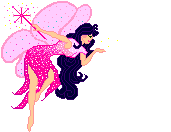
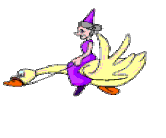

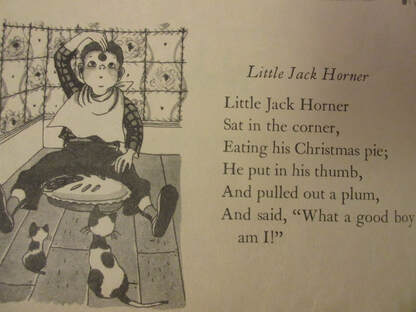
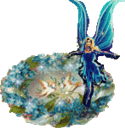

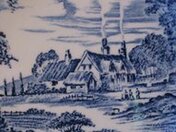
 RSS Feed
RSS Feed

